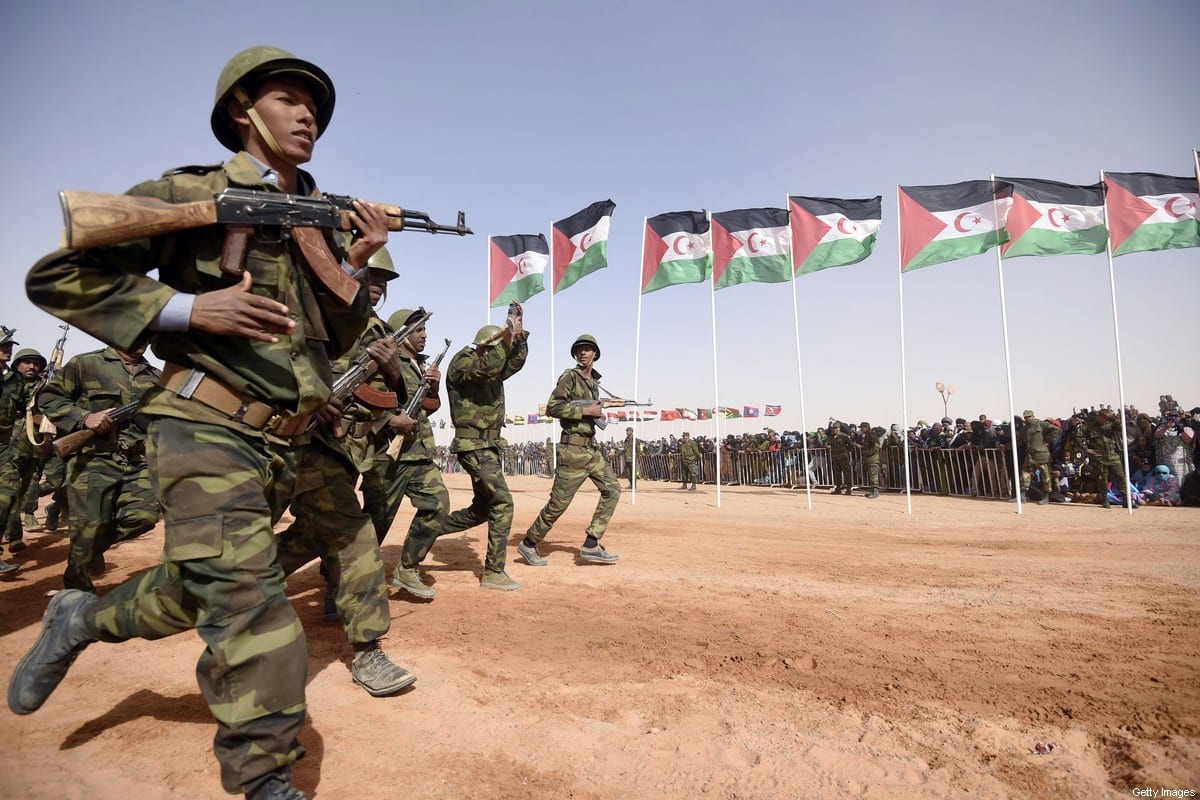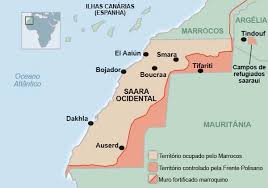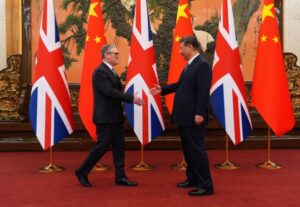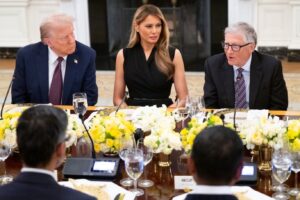
Published 16/05/2023 16:17 | Edited 5/16/2023 4:40 PM
May 1973 to May 2023. Fifty years of struggle and peaceful resistance. However, the Sahrawi people have returned to arms for their sovereignty and freedom. A peaceful people who tried to find a negotiated way with Spanish colonialism to make their will respected and regain their independence, decided by the International Court of Justice, when the Kingdom of Morocco tried to take it by legal means.
In this world, although International Law and Human Rights laws exist, unfortunately, they only govern the economic and geopolitical interests of the great powers. This is how the Saharawi people understood it, when they peacefully demonstrated, demanding their right to self-determination and freedom, and were massacred on June 17, 1970 by the Spanish army. Seeing that the international community did nothing, he started his own struggle.
Thus, on May 10, a group of young people, led by lucid leader Luali Mustafa Sayed, and after several meetings in different countries, founded the Popular Front for the Liberation of Saguia el Hamra and Rio de Oro, which are the two regions that constitute the Sahrawi Arab Democratic Republic.
Then, a politico-military program was agreed under the motto “with the rifle we will snatch freedom”. Although the agreed program was very brief, they had two clear objectives: to end Spanish colonialism and build a free state for the Sahrawis.
Read too: Walter Sorrentino salutes the Sahrawi Arab Republic
That group of young people, without money, without weapons and without international recognition, gathered in a congress in the middle of the desert, approved a program based on armed struggle, until Spain accepted the negotiation. Someone wondered how to start from scratch, the answer was: “the Saharawi Revolution did not start from what existed then, but from what will inevitably exist”, a historic phrase from the leader who created a vision of the future. Indeed, the Polisario Front is today a people with its own institutions, army and international recognition as a sovereign state, although part of its territory is occupied by the Moroccan army.
Going back to history, ten days after the founding of the Front, the Sahrawi Army, the first nucleus that surpassed 17 combatants, fought the first battle against a detachment of the Spanish army. The operation was key abroad, especially in neighboring countries, since it revealed, on the one hand, the existence of a people in search of their freedom, like all Africans, and, on the other, a kind of awakening of women and Sahrawi men who embraced the struggle and began to prepare to recover their homeland.
Unfortunately, a Spain weakened by internal factors and the war in the Sahara, instead of complying with the orders of the United Nations and applying the principle of self-determination and independence to the Saharawis, ended up betraying them and handing them over to Morocco and Mauritania in a bloody dish. On November 14, 1975, they signed a tripartite agreement to distribute the Sahrawi people, their country and their wealth among the three.
Faced with this, the Sahrawi people had no choice but to continue their struggle against the new colonizers. In 1979, Mauritania signed peace with the Sahrawi Republic; but not with the Kingdom of Morocco, with whom the war continues. After 16 years of cruel war, there was a peace agreement that Morocco later did not respect, which led the Sahrawis to take up arms again until today and continues.
In the occupied zone, the Sahrawis, in addition to being surrounded by the 2,720 kilometer Wall of Shame, with more than eight million mines and 150,000 Moroccan soldiers, are in the hands of the Majzen, the Moroccan Gestapo. More than 600 disappeared, hundreds of arrests, semi-disappeared, torture in the streets, unemployment, among other calamities, our people live in the occupied territories.

It must be emphasized that on February 26, 1976, when the last Spanish soldier left, fleeing the Sahara, there was a legal vacuum that had to be filled. Reviewing international resolutions and the United Nations charter, the Sahrawi people are the only actor who would fill this void. For this reason, the Polisario Front proclaimed the constitution of the Sahrawi Arab Democratic Republic (SADR), the State that will take the baton after the departure of the Spanish administration.
Parallel to the armed struggle, the Saharawi Government built schools, hospitals, social and security programs for its citizens in the Saharawi refugee camps, considered the most organized, and in the free zones. Diplomatically, SADR is recognized by over 84 countries worldwide, has around 30 embassies and is a founding member of African Unity.
It is important to highlight the role of Sahrawi women in the construction of institutions, their participation in the formation of programs, war, diplomacy and their confrontation with the police and the Moroccan Majzen in the occupied zone. The day his historic and extraordinary participation was written, there would be many volumes of books.
Read too: Yes, there is a Sahrawi feminism!
But, unfortunately, the persistence of the war, imposed by Morocco on the Saharawis, is creating a warlike situation throughout North Africa and surroundings, which is hindering stability and peace, as well as the development of peoples.
To put an end to this situation, pressure must be put on the Kingdom of Morocco to accept the application of the agreements signed between it and the Polisario Front, based on International Law. Therefore, ethics, human principles and justice oblige international organizations, states and the international community in general to get involved in the search for a just solution, based on respect for the principle of self-determination of rights. We also believe that academic study and media interest would help.
Finally, it is important to underline that fifty years of sacrifice, resistance and armed struggle have solidified the Sahrawi Republic as a legitimate representative in African Unity and the Polisario Front, as a legitimate representative before the United Nations, legal bodies and various international organizations. The Sahrawis, with their accumulated experience and maturity, will continue to fight for the liberation of their entire homeland, whatever the cost.
Source: vermelho.org.br

